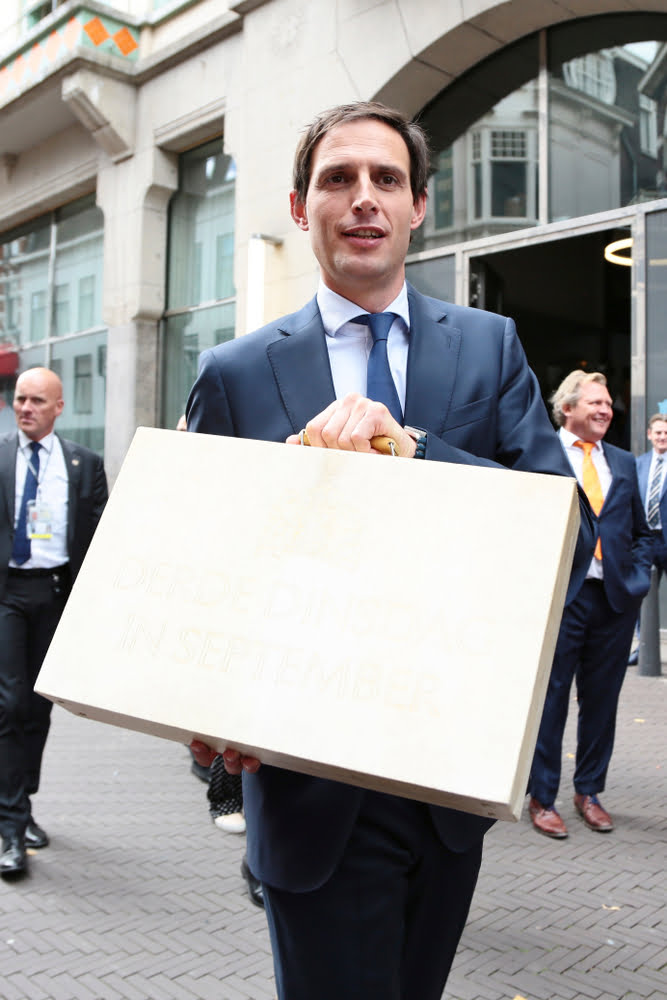An empty Knight's Hall this year during Prinsjesdag. King Willem-Alexander delivered the Speech from the Throne in the Grote Kerk on Prinsjesdag 2020. In these turbulent times, Prinsjesdag was more important than ever and the bill for millions was largely devoted to financial support packages for the economy. In addition, the cabinet has many changes planned for 2021. The Central Planning Bureau and the cabinet are assuming a collective wage increase of 1,4% in 2021. Financial experts from ABN-AMRO think that collective labor agreement wages will increase by 1,1%.
On the one hand, wages under collective labor agreements are moving with the rest of the economy with much delay. The main explanation for this is the duration of collective labor agreements and how difficult it is to break them open. A collective labor agreement concluded at the end of 2019 for 2020 and 2021 did not take the corona crisis into account and will therefore make a relatively large contribution to wage increases in 2021. This delay in the system will keep our collective labor agreement wage forecast to some extent in 2021.
“On the other hand, there is the reduction in NOW and the increasing unemployment. As a result, employers can see the absence of a new collective labor agreement as a negotiating advantage, because the circumstances increasingly justify low wage growth month after month. Under 'normal' circumstances, we see delay in negotiations as beneficial for employees, because employers without market-based wages are less attractive for applicants, says Piet Rietman, ABN AMRO Economics Bureau. ”
What also reduces wage costs for entrepreneurs are wages in the (semi-) public sector. On Budget Day it became known that the government is not investing in, for example, municipalities or healthcare. Collective labor agreements have yet to be concluded in these sectors and the wage margin is therefore limited. This is reflected in the private sector. In particular, entrepreneurs who need personnel who, in terms of qualifications, could also work in the public sector, will find that it will become cheaper to attract people.
Cheaper workforce means lower costs for individual companies - but there is more to it. A lower wage level in the Netherlands also means that less is consumed by all households together at all companies: those who earn less spend less. Normally, internationally operating companies can still compensate a little.
Recessions are never completely symmetrical: one moment consumption falls in one country, the next in another. Because the pandemic struck almost everywhere at the same time, wages are now falling quite symmetrically and it is questionable for all types of companies whether the lower wage costs are a good thing, says Rietman in his article.
Also read: GTL is researching Chiron coupling suppliers



